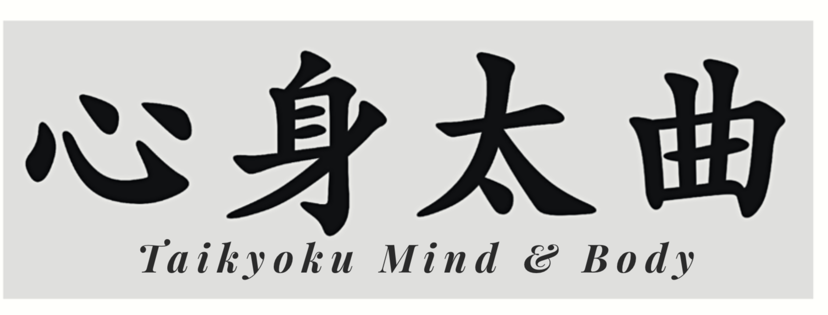Our Story
We’ve all heard stories about martial artists of old having mysterious strengths and skills unmatched by their peers or even their best students. Often these attributes are believed to be the result of an ascetic life dedicated to esoteric rituals and practices unrevealed to outsiders. Through the perfect alchemy of historical circumstance and personal dedication, these individuals were able to attain a special kind of mastery over themselves and others, that was then codified into their unique brand of training, presumed to offer to those who would follow in their footsteps, the same powers the masters held. It is through these stories that many of us come to traditional martial arts, whether in the form of the so-called ‘aiki arts’ of Japan, such as aikido or aikijujutsu, or the Chinese ‘internal arts,’ like tai chi chuan, xingyi chuan, baguazhang, or qigong.
Often what we find in these traditional arts is an enjoyable physical practice and jovial camaraderie, but this is frequently accompanied by a lot of exaggerated tradition for tradition’s sake and very little of the mysterious skills we were promised by the tales we were told. We struggle to put the puzzle together. We know that legendary martial artists like like Takeda Sokaku or Ueshiba Morihei lived lives of unique dedication to their personal practices, a dedication that we are unable to give in our lives which are full of distraction and ordinary by comparison. Thus, we conclude that our deficiencies are simply the result of needing more practice, more time in the dojo. The more we practice, however, the more we observe that others, who have dedicated many more years to this study than we, still do not have these mysterious strengths or skills. So, we determine that these stories are nothing more than myth and that the best these arts can offer is conviviality and light exercise, at which time we decide to either continue this way, find a more effective and invigorating physical practice, or leave altogether.
What if, however, the stories were true? What if these individuals and the arts they practiced were quite powerful, but something has merely been lost along the way? What if the pieces to the puzzle were merely “hidden in plain sight,” such that they are all too easily overlooked?
Somewhere along the way, traditional martial arts lost much of their efficacy, becoming cracked or shattered vestiges of the powerful vessels they once were, no longer containing the essence of what once made them great. We are living in a unique time, however; a Renaissance of Effectiveness is upon us. Inspired by people like Ellis Amdur and Mike Sigman, who have dedicated much of their individual lives to unearthing the secrets of mysterious strength and skill we’ve all heard and read about but have rarely experienced, we are at the dawn of a new era in traditional martial arts. Through this, Taikyoku Mind & Body was born.
Taikyoku Mind & Body is a training collective integrating Chinese internal strength practices (qigong) with Japanese budo (martial arts) for personal development and practical application. Taikyoku Mind & Body is a holistic approach to martial arts and internal strength, combining Ellis Amdur’s Taikyoku Aikido concept, which condenses martial movement into five overarching themes called Taikyoku, with Mike Sigman’s distillation of Chinese internal arts (neija) into their most fundamental principles and practices. Taikyoku Mind & Body has something to offer everyone: men and women, young and old, regardless of preexisting skill level. We offer group martial art classes (Taikyoku Budō), group movement practice for whole body strength and health (Taikyoku Kikō), as well as private lessons, workshops, and seminars.
[contact-form][contact-field label=’Name’ type=’name’ required=’1’/][contact-field label=’Email’ type=’email’ required=’1’/][contact-field label=’Interest? ‘ type=’checkbox-multiple’ options=’Martial Art (Budo),Movement Practice (Kiko),Both (Budo %26amp; Kiko),Seminars/Workshops’/][contact-field label=’Phone Number’ type=’text’/][contact-field label=’Comment’ type=’textarea’ required=’1’/][/contact-form]
